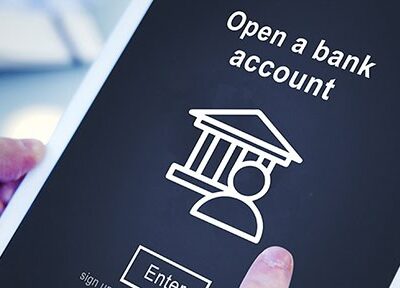
Selecting the right bank is important for handling your money efficiently and keeping your financial health in good order. There are many choices to pick from, so you need to think about different aspects when choosing a bank that truly supports you. From the services given to clients, costs, and account features, here is a guide to help you make an informed choice.
1. Assess Your Needs
Pause for a moment and consider your financial needs and priorities. Ask yourself, ‘Can I open a bank account online?‘ Knowing what you need can help limit your options and help you concentrate on finding banks that meet your criteria.
2. Research Bank Options
After you understand what you require, look into various banks to find those who provide the services and features that match your needs. Think about regular banks with physical branches and digital banks as well; every type can give certain advantages. Examine elements like interest rates, account charges, the presence of an e-banking app, and what customers say about them.
3. Evaluate Fees
Bank fees may lessen your savings if not managed properly. Thus, it’s crucial to comprehend the fee system of any bank you are contemplating. Common fees that could be present include monthly maintenance charges, overdraft costs, ATM usage expenses, and fees for foreign transactions. Select a bank with clear fee policies and minimal charges, particularly if your budget is tight.
4. Examine Customer Service
The customer service of a bank can greatly affect your experience with banking. Find banks that have high ratings for their customer service and offer various ways to get support: through phone, email, or live chat. Quick responses from the bank’s customer service will give you calmness, knowing that any issues will be dealt with quickly.
5. Review Account Features
Banks have many kinds of account features to serve customers. You can find accounts that give benefits like having high interest rates, getting money-back rewards, paying back ATM fees and swift card payments. Think about how these features match your financial targets and lifestyle to select the account that suits you best.
6. Check Financial Stability
The safety of your money is very important, and this is why it’s crucial to choose a stable bank. The IDFC FIRST Bank has received a rating of ‘CRISIL AA+/Stable’ from CRISIL for its Tier-II bonds (under Basel III) worth INR 3,000 crores.
7. Read the Fine Print
Look at things like minimum balance needed, interest rates given, limits on transactions, and charges on mobile apps for banking that might be there. This will help you avoid surprises and ensure you know everything about your new bank.
8. Seek Recommendations
In the end, don’t be afraid to ask your friends, family or financial advisors for suggestions. Suggestions from people you know can give you important information about the banking experience in various institutions and assist in making a better choice.
In Conclusion
Deciding on the bank that supports you involves thinking about what you want, like, and need from a bank. By looking at your requirements, doing research, and comparing things such as charges with services offered by different banks, plus considering convenience factors like customer service availability or account features, you can find a bank that fulfils not just your financial necessities but also gives confidence and support in managing money matters.











